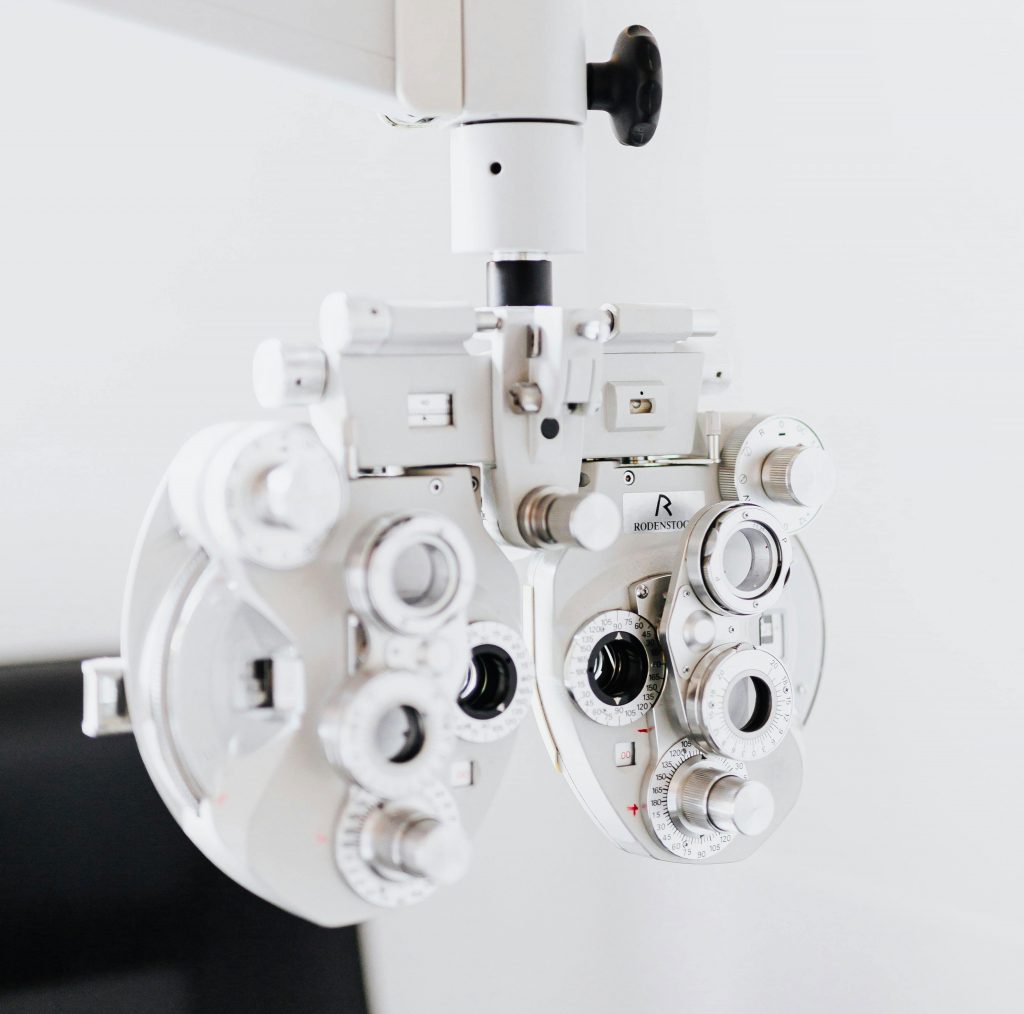Eye Tests Are Important for Maintaining Overall Health
Regular eye examinations not only check the overall eye health but also can detect conditions such as cataracts, glaucoma, and macular degeneration early. The early they are identified the sooner management and treatment of the condition can begin before they become more severe, potentially saving your vision and reducing the need for more invasive treatments later on.
Early Detection of Eye Conditions
One of the primary reasons to get regular eye tests is the early detection of eye conditions such as glaucoma, cataracts, and macular degeneration. These conditions can develop without any noticeable symptoms in the early stages. An eye test can catch these issues before they become more severe, potentially saving your vision and reducing the need for more invasive treatments later on.

Overall Health Monitoring
Your eyes can reveal a lot about your general health. During an eye examination, optometrists can detect signs of systemic conditions such as diabetes, high blood pressure, and high cholesterol. For example, diabetes can cause changes in the blood vessels of the retina, which can be seen during an eye exam. Early detection of these health issues allows you to seek prompt medical attention and manage these conditions more effectively.
Vision Changes and Correction
As we age, our vision changes. Regular eye exams ensure that your prescription is up to date, helping you to see clearly and reducing the risk of accidents caused by poor vision. Whether it’s for driving, reading, or working on a computer, having the correct prescription is essential for your day-to-day activities and overall quality of life.

Safety Requirements for Driving in the UK
In the UK, good vision is a legal requirement for driving. The law states that drivers must be able to read a number plate from 20 meters away. Regular eye tests help ensure that your vision meets this standard, keeping you and other road users safe. Poor eyesight can slow reaction times, reduce the ability to judge distances, and make it difficult to see obstacles or road signs, increasing the risk of accidents. By having regular eye exams, you can stay compliant with legal requirements and contribute to safer driving conditions.
Frequency of Eye Tests
How often should you get your eyes checked? It depends on several factors, including age, health, and risk factors for eye diseases:
- Children: It’s recommended that children have their first comprehensive eye exam at six months, another at three years, and then just before starting school. After that, regular eye exams every one to two years are advised to ensure their vision develops correctly.
- Adults (18-60 years): For most adults, an eye exam every two years is recommended. However, those with vision problems or risk factors for eye diseases should have more frequent exams as advised by your optometrist.
- Seniors (61 years and older): Seniors should have an eye exam every year, as they are at higher risk for eye conditions such as glaucoma, cataracts, and macular degeneration.
- High-risk groups: Individuals with a family history of eye disease, those with diabetes, or those who have had eye surgery may need to have their eyes tested more frequently, as advised by their optician.
Regular eye exams are a simple yet essential part of maintaining not just eye health but overall health. They allow for early detection of eye conditions, monitor general health issues, and ensure that your vision is as clear as possible. By keeping up with regular eye exams, you can take proactive steps in protecting your eyesight and health, allowing you to enjoy life to the fullest. Don’t wait for symptoms to appear – schedule your eye test today and take a clear step towards better health and safer driving.
If you are in the UK, you can check where your nearest sight test centre is on the NHS website.
